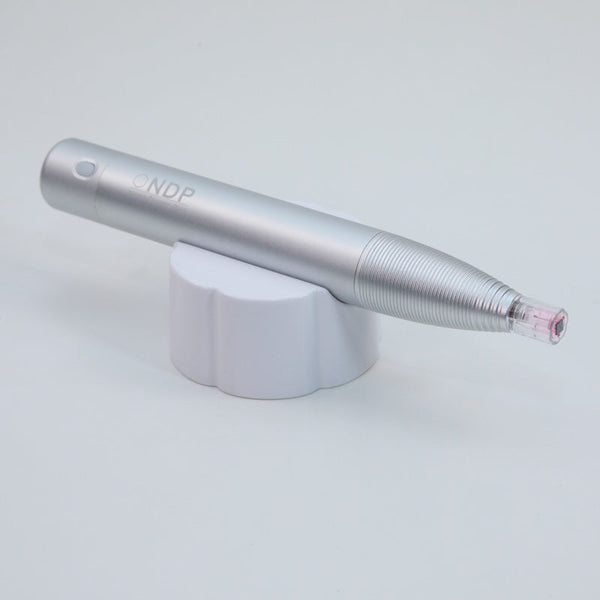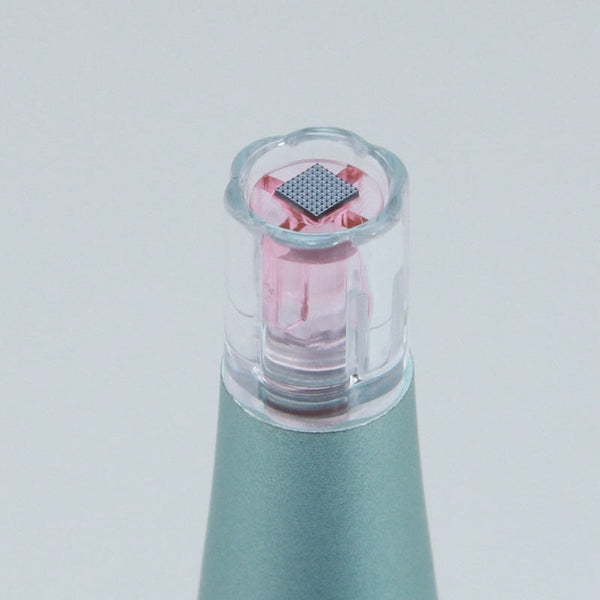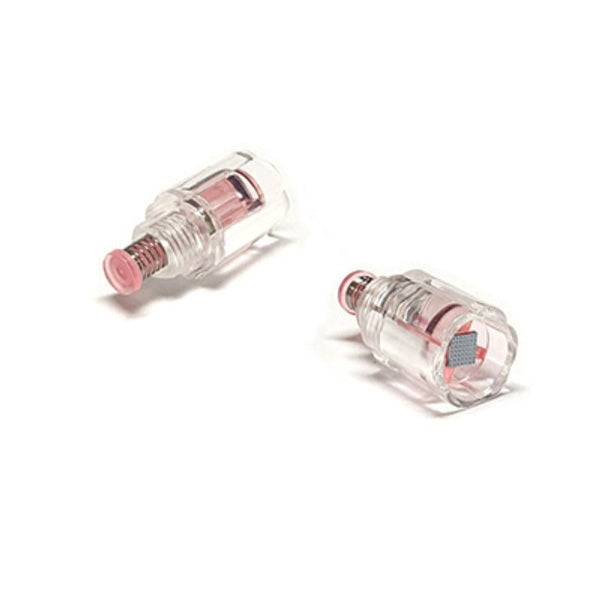Nano Needling vs. Microneedling: What's the Difference and Which Is Right for You?

Nano Needling vs. Microneedling: What's the Difference and Which Is Right for You?
When it comes to skin rejuvenation treatments, nano needling and microneedling are two popular techniques. Both procedures use fine needles to create micro-injuries in the skin to stimulate collagen production and enhance the absorption of skincare products, but they differ in technique, depth of penetration, and the benefits they provide. In this article, we’ll explore the differences between nano needling and microneedling to help you choose the right treatment for your skin.
What Is Microneedling?
Microneedling, also known as collagen induction therapy (CIT), uses fine needles to penetrate the skin’s surface, creating tiny punctures or micro-channels. This stimulates the body’s natural healing process, promoting collagen and elastin production, which can improve skin texture, tone, and elasticity. Microneedling is typically used to treat:
- Fine lines and wrinkles
- Acne scars
- Stretch marks
- Enlarged pores
- Hyperpigmentation
The needle depth for microneedling usually ranges from 0.25mm to 2.5mm, depending on the treatment area and the condition being addressed. Deeper needle penetration can provide more dramatic results but may require a longer recovery time.
What Is Nano Needling?
Nano needling, on the other hand, uses ultra-fine nano needles that typically range from 0.1mm to 0.5mm in length. These needles penetrate only the epidermis (the outermost layer of the skin), creating micro-channels without damaging the deeper layers. Nano needling is a gentler treatment, making it ideal for:
- Boosting hydration
- Enhancing product absorption
- Improving skin texture and radiance
- Targeting fine lines and early signs of aging
Although nano needling’s needle length is shorter, it still effectively stimulates the skin’s natural repair process, improving overall skin health.
Key Differences Between Nano Needling and Microneedling
| Feature | Nano Needling | Microneedling |
|---|---|---|
| Needle Depth | 0.1mm to 0.5mm, penetrates the epidermis | 0.25-2.5mm, Deeper, penetrates the dermis |
| Treatment Goals | Improves texture, hydration, and absorption | Targets deeper skin issues like scars, wrinkles, and stretch marks |
| Pain & Downtime | Minimal discomfort or no downtime | Mild discomfort, may require downtime |
| Suitable for | Sensitive skin, hydration, fine lines | Scarring, wrinkles, deep pigmentation |
| Results | Subtle, gradual improvement | More dramatic, visible results over time |
Which Treatment Is Right for You?
-
Nano Needling: If you’re looking for a non-invasive, no-downtime solution to boost hydration, improve skin texture, or enhance product absorption, nano needling is an excellent choice. It’s gentle enough for sensitive skin and anyone seeking a lighter treatment.
-
Microneedling: If you’re dealing with more significant skin concerns, like deep wrinkles, acne scars, or stretch marks, microneedling may be the better option. While it involves a slightly longer recovery time, the results can be more noticeable and long-lasting, especially for deeper skin layers.
Conclusion
Both nano needling and microneedling offer unique benefits depending on your skincare needs. If you’re after a gentle, non-invasive treatment to enhance hydration, texture, or absorption, nano needling is a great choice. For deeper concerns that require more intensive rejuvenation, microneedling can provide more dramatic results. Always consult with a skincare professional to determine the best treatment for your individual needs.
If you’re considering using the NDP Nano Derma Pen for at-home nano needling treatments, it’s a great way to maintain your skin’s hydration and texture between professional treatments. For more intense results, professional microneedling remains a great option.
Looking for professional-grade Nano Derma Pen or microneedling devices? Explore our NDP product range and take your skincare routine to the next level!





